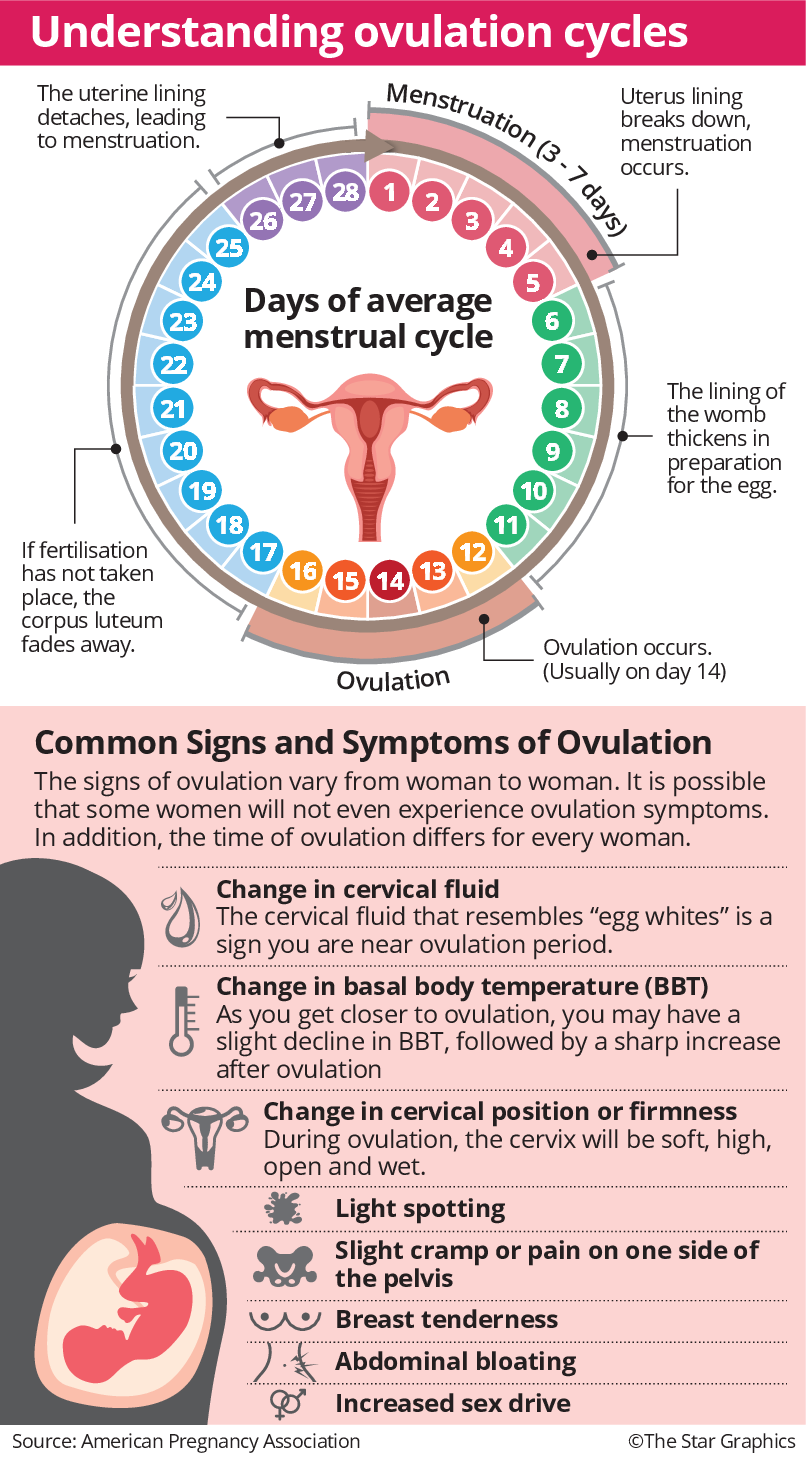Common Signs Of Ovulation
What are the signs of hyperovulation.
Common signs of ovulation. Your body usually releases one egg each month in a process called ovulation. A menstrual cycle without ovulation is most common in two distinct age groups. In the year following a girl s first period known as menarche she s. If you want to work out when you ovulate there are a number of things you can use.
Girls who ve recently begun menstruating. In most cases a woman isn t even aware if she is hyperovulating. But if you don t notice any signs you re ovulating don t worry it doesn t mean it s not happening. The first step to getting pregnant is to make sure the egg and sperm are able to meet.
Two ovulation days including two days of fertile cervical mucus 2 3 days apart. However a small minority of women have reported the following symptoms during hyperovulation. This can be trickier than it sounds. Learn the possible signs of ovulation signs that you re not ovulating and what happens next if there is a problem.
The most common way is a progesterone blood test. Ovulation often appears as normal. Please speak to your naturopathic doctor. Every woman can experience her own type of cervical fluid and not all cervical fluid looks the same.
Learn the possible signs of ovulation. If ovulation is happening late in the cycle or not occurring it is important to have your hormones investigated. Here are the three most common signs that indicate your body is ovulating. Change in cervical fluid the cervical fluid that resembles egg whites is a sign you are near ovulation or are ovulating.
The hormone progesterone rises after ovulation. Once the egg is released it remains active with a time span of 24 hours. Most women have no clue moore says. It is important to understand and recognize if you are ovulating.
When is your ovulation period. Mittlelschmerz or painful ovulation. Ovulation takes place when a matured egg is released from the ovarian follicle. Common signs that occur in most women.
This is the time when conception is likely to take place. The length of your menstrual cycle ovulation usually occurs around 10 to 16 days before your period starts so you may be able to work out when you re likely to ovulate if you have a regular cycle. You experience a change in cervical fluid during ovulation the appearance and consistency of your cervical fluid or mucus will generally resemble egg whites though this may vary from woman to woman.

